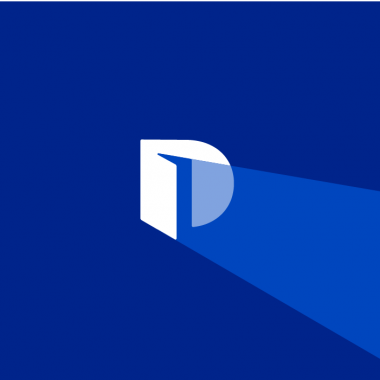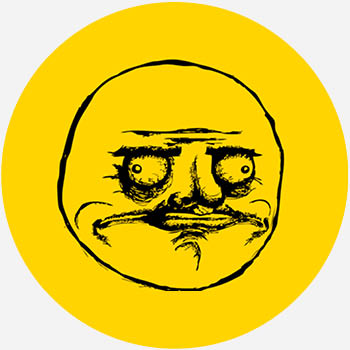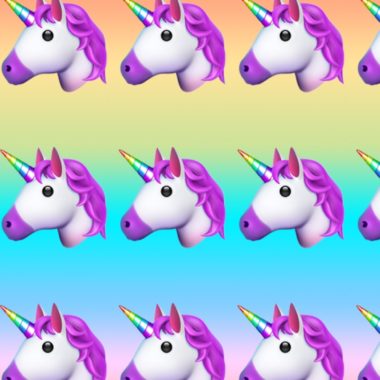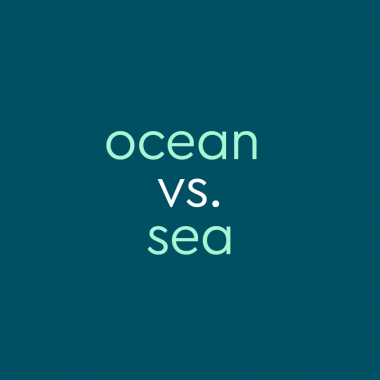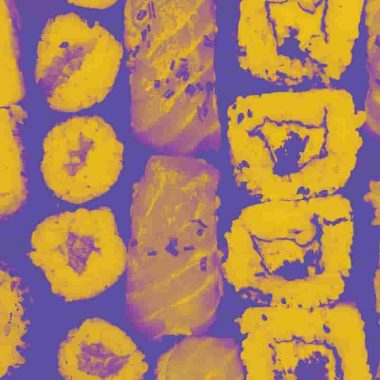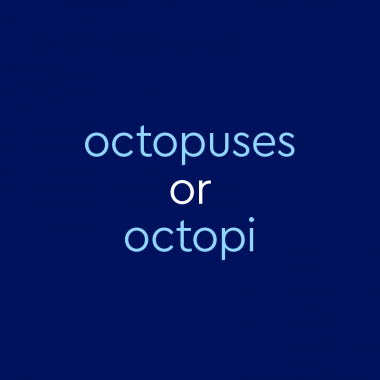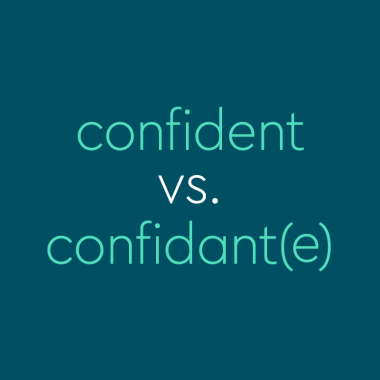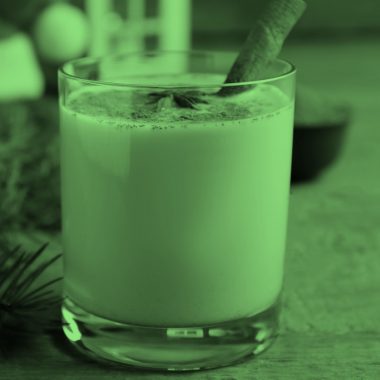Search Results for: face with tears of joy
-
me gusta
Me gusta refers to a much-memed image of a grotesquely grimacing face used to show a perverse pleasure at an awkward, uncomfortable, or otherwise normally unpleasurable situation. -
Do You Know What These Gen Z Slang Terms Mean—And Where They Really Come From?
Language is constantly evolving, but there’s one type of language that so often changes even faster than the rest: slang. Every generation has its own unique slang words, and these terms seem to spring up faster than many people can keep up with. The popularity of TikTok and other social media trends has only made it easier for new slang to take hold, and if …
-
What’s the Difference Between “Sushi” vs. “Sashimi”?
For anyone who isn’t an adventurous eater, words like sushi, and especially sashimi, might be intimidating. However, these are not only easy words to pronounce (they’re entirely phonetic), but they’re also incredibly specific and therefore difficult to confuse. Both sushi and sashimi are specific kinds of Japanese foods involving raw fish, but we’re going to break them down a little more specifically so that you …
-
“Morbidity” vs. “Mortality”: What Is The Difference?
Although we’d all love to think we’ll be able to live forever, at some point, we will die. And there’s no way of knowing exactly when that will be. Yes, it’s gloomy to think about this … but is it our morbidity or our mortality that we need to come to terms with? The correct answer here is mortality—although the topic is quite morbid. These …
-
Should You Say “Octopuses” Or “Octopi”?
It’s the internet’s favorite eight-armed plural debate: octopuses vs. octopi. (And that relative newcomer, octopodes.) Is there a “correct” plural for octopus? And what’s with the -i in octopi? In this article, we’ll wrap our tentacles around these questions, break down the differences between each term, and tell you which terms are acceptable and most commonly used. Like the octopus itself, the English language is, …
-
“Confident” vs. “Confidant”: What’s The Difference?
Before getting on stage to audition for the school play, Monica needed to believe in herself and reflect on her talent. But as she peeked out into the auditorium, where the judges were sitting, her self-esteem started to waver. At that point, was Monica feeling less confident than she was while singing in the shower? Or was she struggling to remain confidant? Or, what about confidante? …
